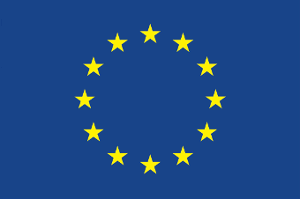
GALAXY and MicrobLiver publish together in Nature Medicine
In a comprehensive study, the liver and blood proteome has been systematically identified and characterized, revealing biomarkers with high accuracy for the detection of early-stage liver disease
Early detection of alcohol-related liver disease (ALD) is challenging but crucial for patient outcomes. Currently, 75% of patients with ALD are not diagnosed before late-stage disease, that is, after decompensated cirrhosis has occurred. By then, treatment options are limited and mortality high.
Through H202o/EU and Novo Nordisk funding, the GALAXY and MicrobLiver consortia have driven a large study of >600 individuals, representing the full spectrum of ALD, including asymptomatic chronic ALD before the unset of decompensation, and healthy controls. The study includes both in-depth phenotyped liver biopsy as a reference standard for diagnosis and complete multi-year outcome events derived from nationwide electronic health records. The goal was to systematically characterize proteome changes in the liver and plasma, based on known pathological features and different disease stages.
With MS-based technology, the researchers identified and quantified 5515 proteins in the liver and 536 proteins in the blood. Uncovering biomarkers and proteomics panels that outperformed the existing best-in-class clinical tests as diagnostic and predictive for early-stage liver disease. As such, fibrosis and inflammation in an at-risk but liver healthy subset of the patients could with high precision be ruled-out. These findings can highly improve the patient screening process, by combining both diagnostic and prognostic information derived from blood, avoiding the biopsy and reducing patient-hospital interaction. This will allowing for faster more accurate treatment decisions.
Getting a paper published in Nature Medicine is every researchers dream and indeed a milestone for this great collaboration. With this study, a major step toward improving patient care and targeted treatment strategies has been made. For a more detailed read, please find the paper in Open Access here: https://www.nature.com/articles/s41591-022-01850-y

This study has been supported by
- MicrobLiver, Novo Nordisk Foundation, grant agreement No NNF15OC0016692
- GALAXY, European Union’s Horizon 2020 research and innovation programme, grant agreement No 668031